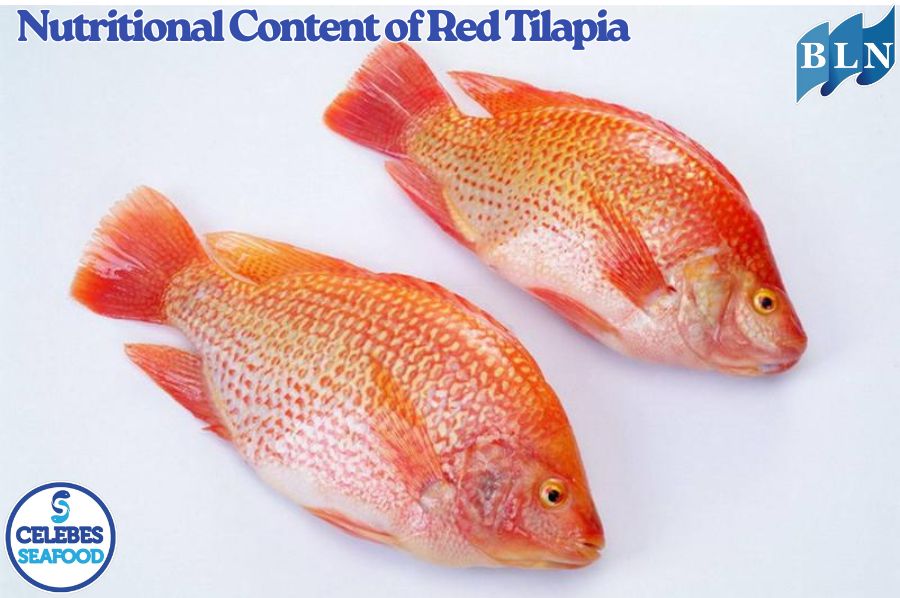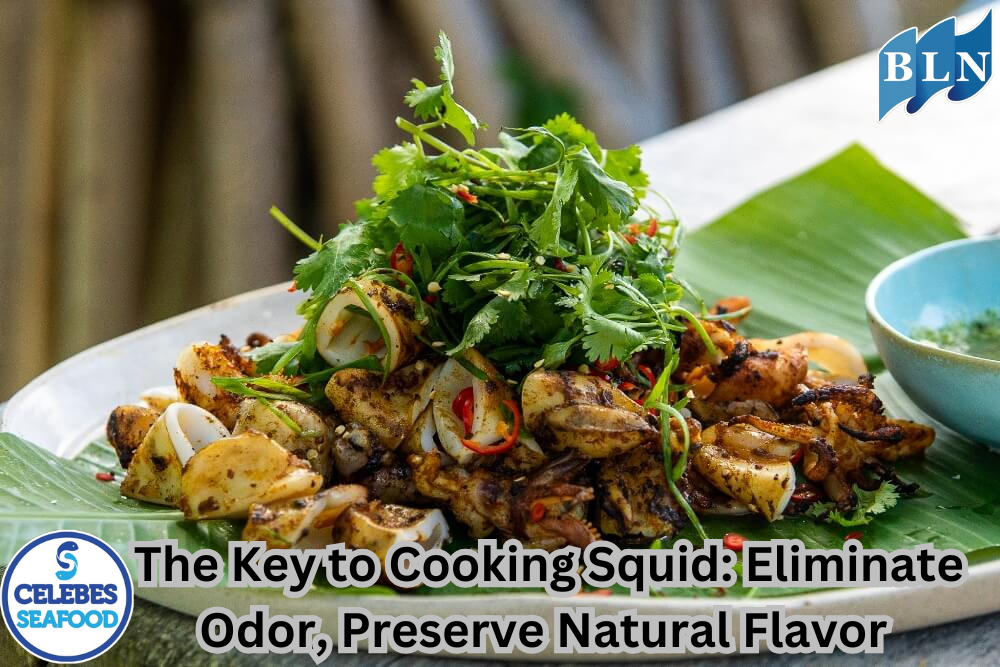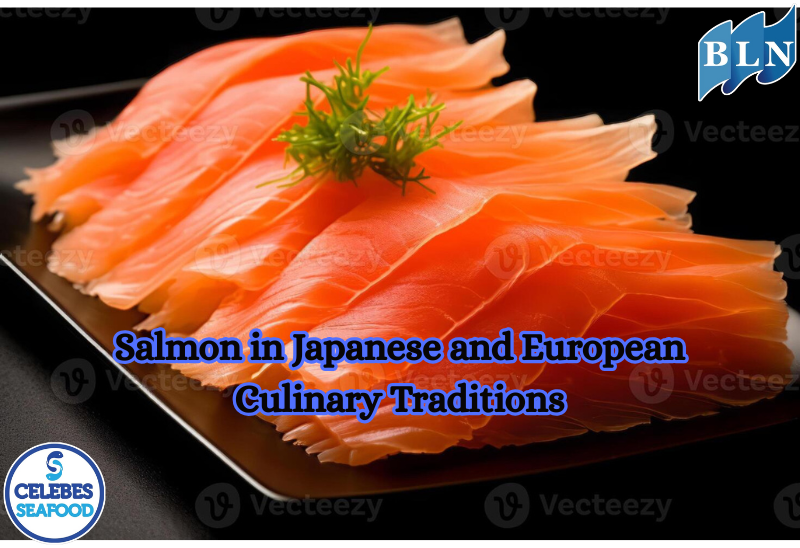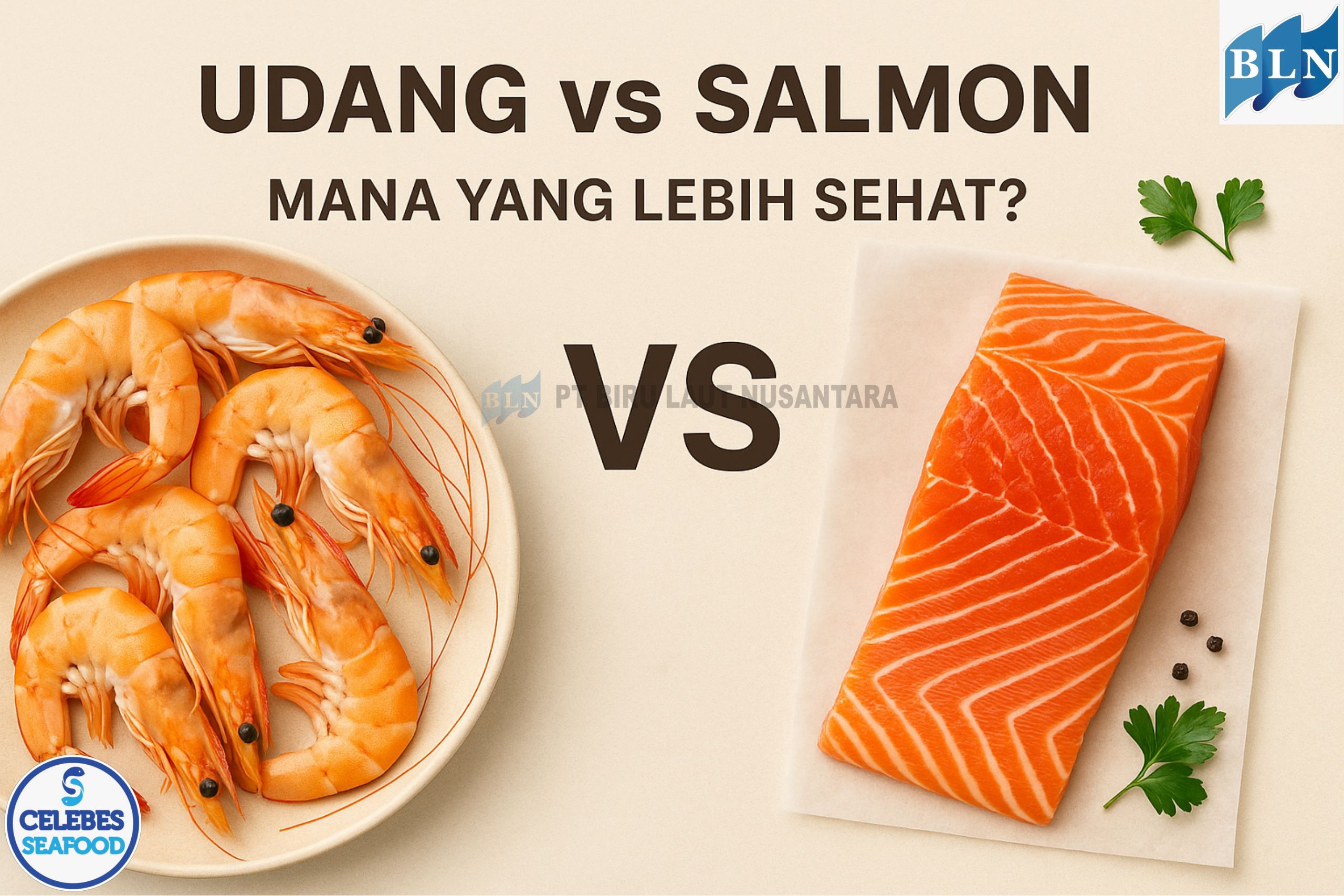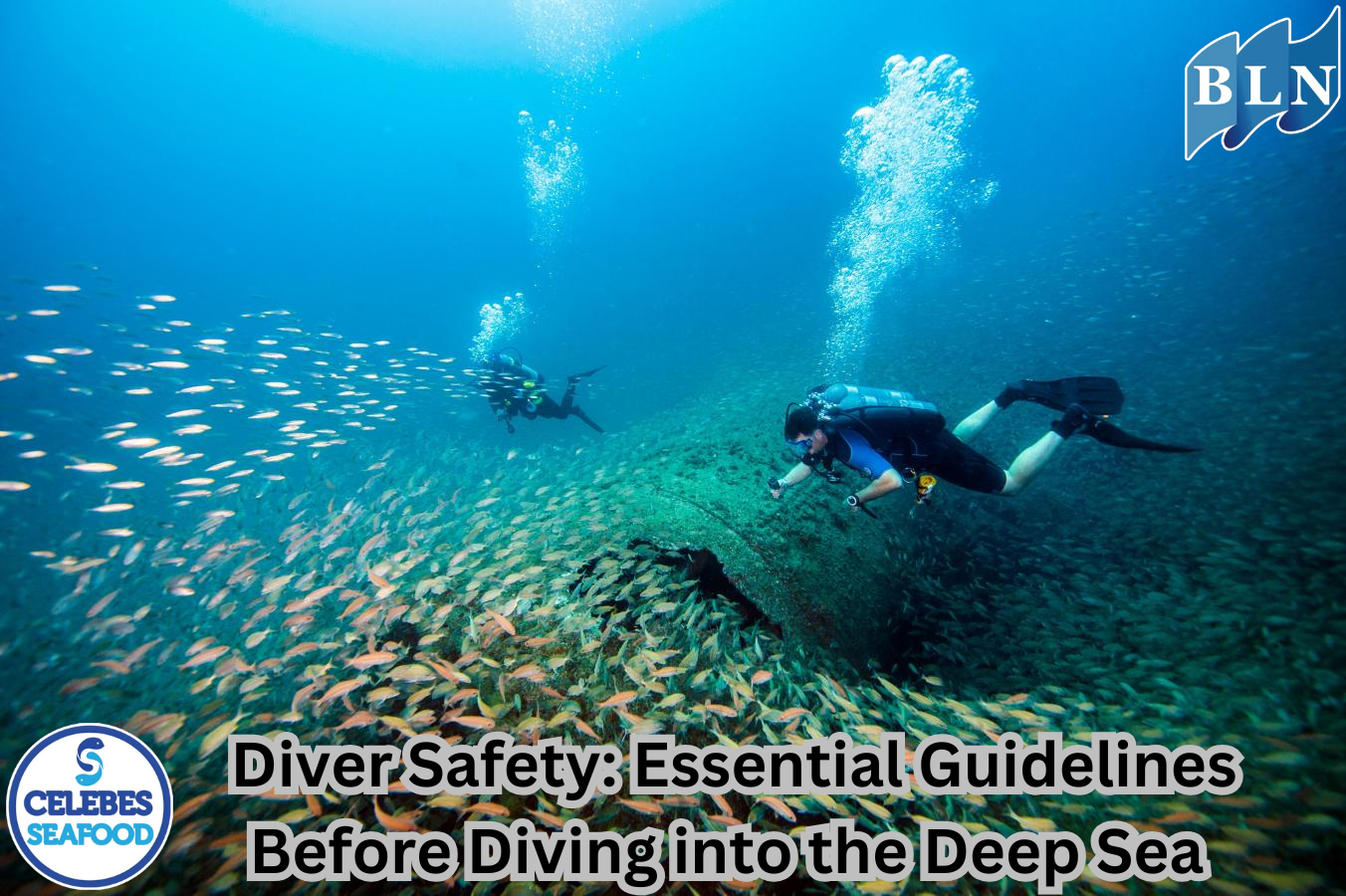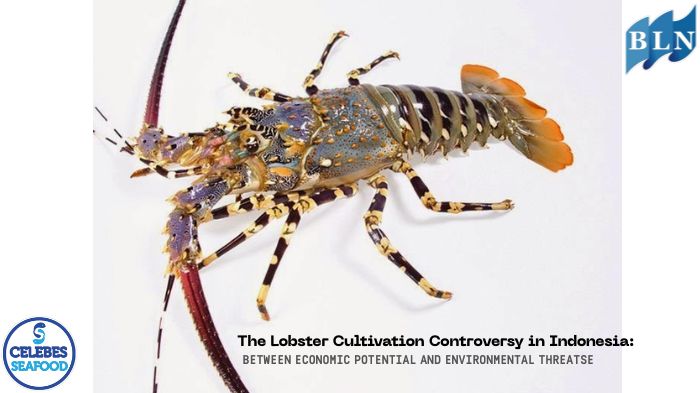What You Need to Know about Seafood Poisoning
By. Nevanda - 30 Nov 2023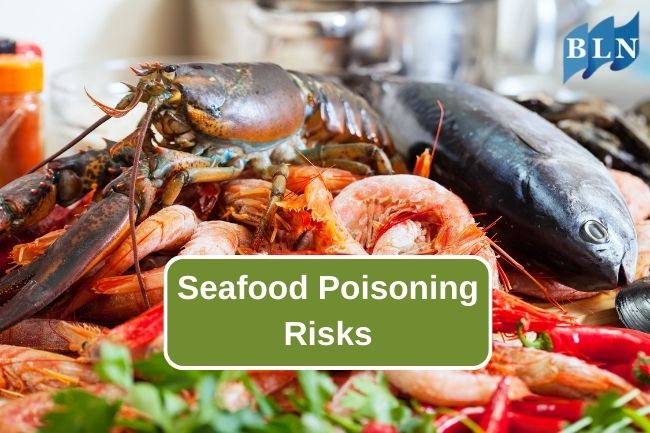
lautnusantara.com - Seafood poisoning refers to illnesses caused by consuming contaminated seafood. Contaminants can include bacteria, viruses, parasites, and toxins. The severity of these illnesses can range from mild discomfort to life-threatening conditions, making it essential to understand the various risks associated with consuming seafood.
Read also: Meet Milkfish and Why It's a Popular Seafood Item
Common Causes of Seafood Poisoning:
- Bacterial Contamination: Bacteria like Vibrio, Salmonella, and Listeria can be present in seafood, especially if it is mishandled or not properly cooked. Vibrio, for instance, thrives in warm water and can cause gastroenteritis or more severe infections.
- Toxins: Some seafood can accumulate toxins such as mercury, ciguatera, or saxitoxin. Mercury, found in larger predatory fish like shark or swordfish, can cause neurological issues, especially in pregnant women and young children.
- Parasites: Certain types of seafood, such as raw or undercooked fish, may contain parasites like tapeworms or roundworms, leading to intestinal infections if ingested.
- Allergens: Allergies to seafood, such as shellfish, can cause severe reactions in some individuals, leading to anaphylaxis—a potentially life-threatening condition.
Read also: Complete Tutorial on Cooking Fresh Crab
Minimizing the Risks:
- Proper Cooking: Cooking seafood thoroughly can eliminate harmful bacteria and parasites. The FDA recommends cooking seafood to an internal temperature of 145°F (63°C) to ensure safety.
- Storage and Handling: Seafood should be stored at the proper temperature and consumed within recommended time frames to prevent bacterial growth. Additionally, ensuring hygiene during preparation is crucial to avoid cross-contamination.
- Choosing Safe Sources: Opt for seafood from reputable sources that follow proper safety and quality control measures. Freshness and proper handling are key factors in reducing the risk of contamination.
- Awareness of Allergies: Individuals with known seafood allergies should be vigilant about ingredient lists and cross-contamination in food preparation areas.
While seafood offers numerous health benefits and gastronomic pleasures, understanding and mitigating the risks associated with seafood poisoning are paramount. By practicing proper cooking techniques, sourcing seafood from reliable providers, and being aware of individual allergies, one can savor the delights of seafood while minimizing the chances of falling prey to its potential hazards. Vigilance and education are key to enjoying seafood safely and without fear.
Read also: 4 Health Benefits You Can Get from Caviar
